Researchers have long understood that the brain plays a significant role in processing and interpreting the sounds we hear, but recent studies have shed new light on the complex mechanisms involved. According to psychologist Diana Deutsch, who first discovered the Octave Illusion in the 1970s, our brain edits the world we hear, creating a best-guess interpretation of the sounds we perceive.
Deutsch's experiment involved using a synthesizer to create a musical sequence that seemed to defy logic. "It seemed to me that I'd entered another universe or I'd gone crazy or something...the world had just turned upside down!" Deutsch recalled. The Octave Illusion, as she came to call it, revealed a fundamental aspect of how our brain processes sound: it doesn't receive a direct, real-time feed from our ears. Instead, it constructs a representation of the world based on the activity of neurons in the brain.
Professor Dan Polley, an expert in auditory neuroscience, explained that this process is essential to our perception of consciousness. "Everything that we perceive as consciousness is constructed from the activity of neurons in the brain," he said. "The brain doesn't have direct contact with the physical world, so it has to make inferences based on the patterns of activity it receives from the senses."
This understanding has significant implications for our understanding of hearing and perception. It suggests that our brains are constantly making predictions and adjustments to the sounds we hear, based on past experiences and expectations. This process can be both beneficial and limiting, as it allows us to filter out irrelevant information and focus on the most important sounds, but it can also lead to misperceptions and misunderstandings.
The study of auditory neuroscience has come a long way since Deutsch's discovery of the Octave Illusion. Recent advances in brain imaging and recording techniques have allowed researchers to map the neural activity associated with sound processing in unprecedented detail. These findings have opened up new avenues for understanding and treating hearing disorders, such as tinnitus and hearing loss.
As research continues to uncover the intricacies of sound processing in the brain, it is clear that our understanding of hearing and perception will continue to evolve. With the help of advanced technologies and innovative research methods, scientists are working to develop new treatments and therapies for hearing disorders, and to improve our understanding of the complex mechanisms involved in sound processing.
In the words of Diana Deutsch, "The Octave Illusion was a turning point in my understanding of how the brain processes sound. It showed me that the world we hear is not a direct reflection of reality, but rather a constructed representation of it." This insight has far-reaching implications for our understanding of perception, consciousness, and the human experience.
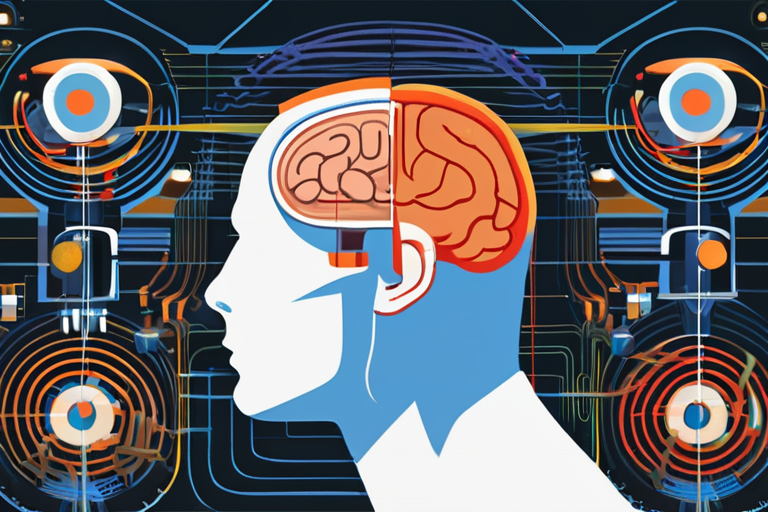

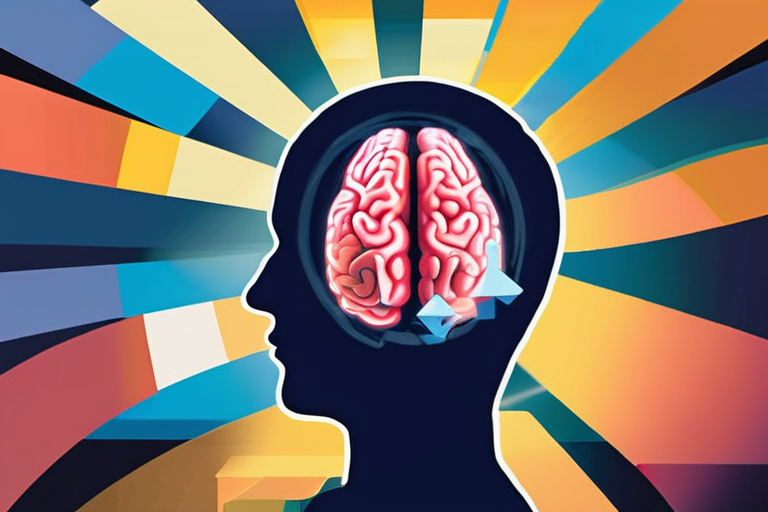


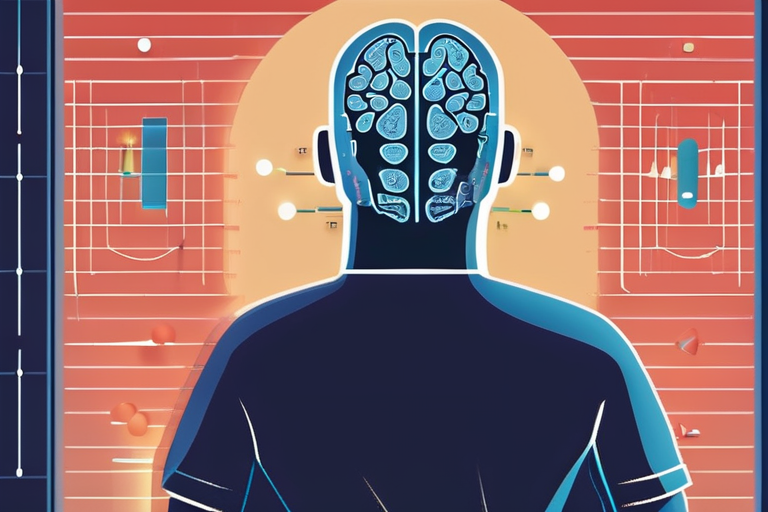




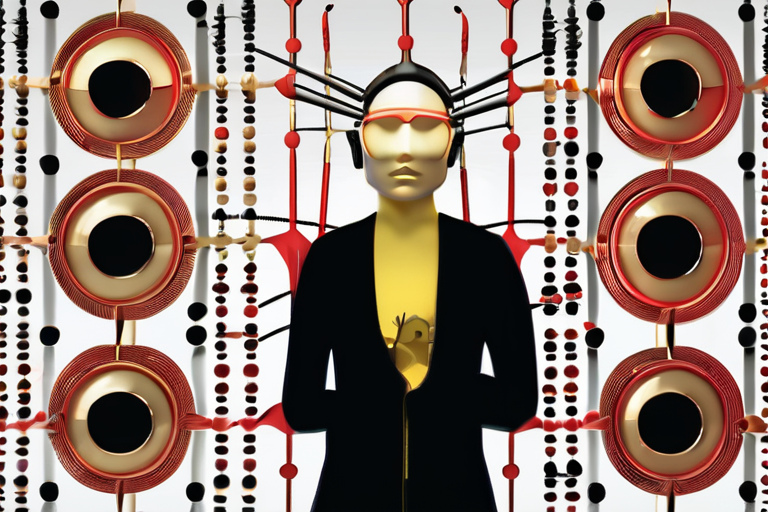

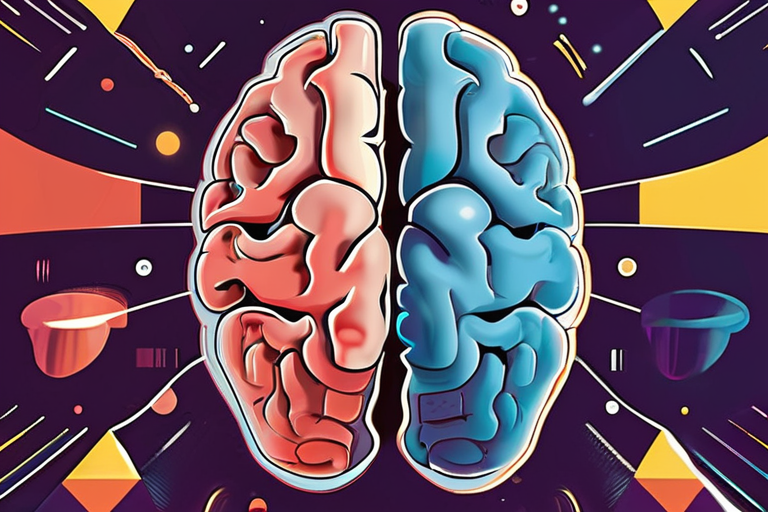

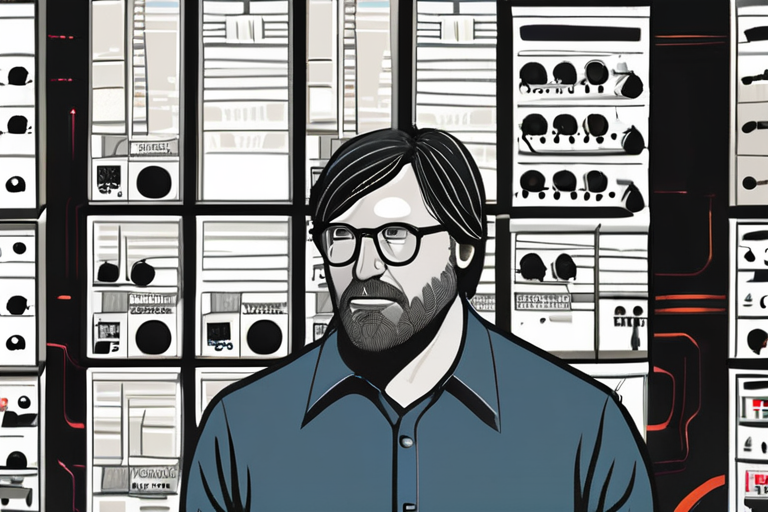





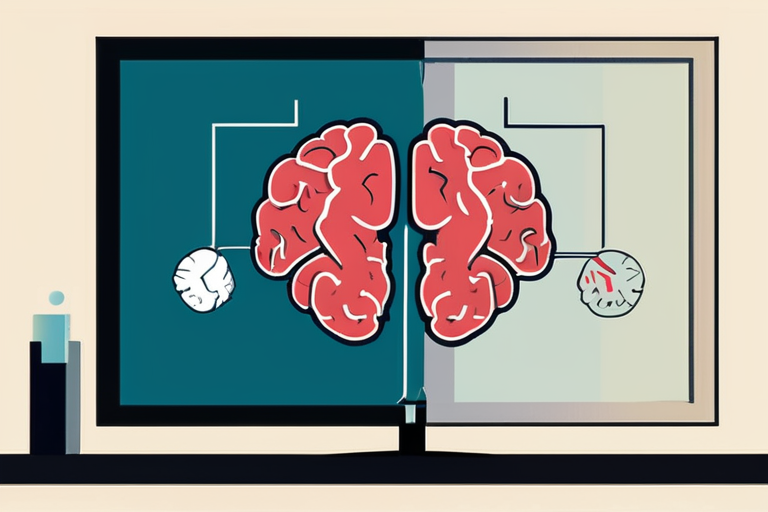
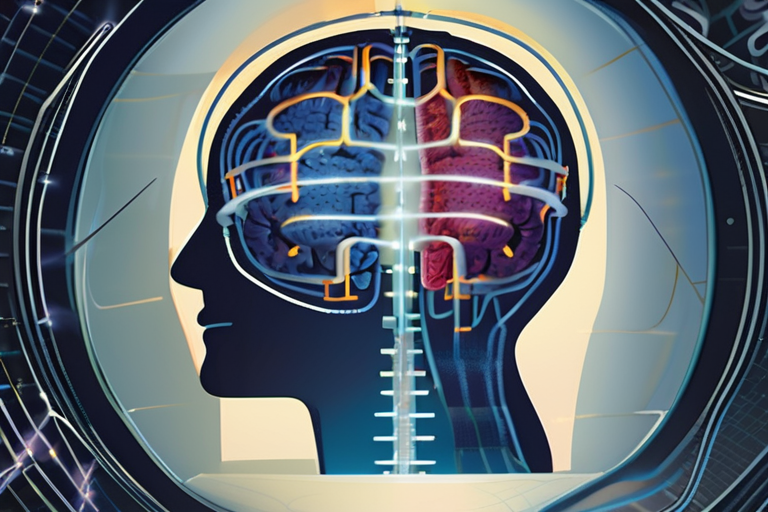


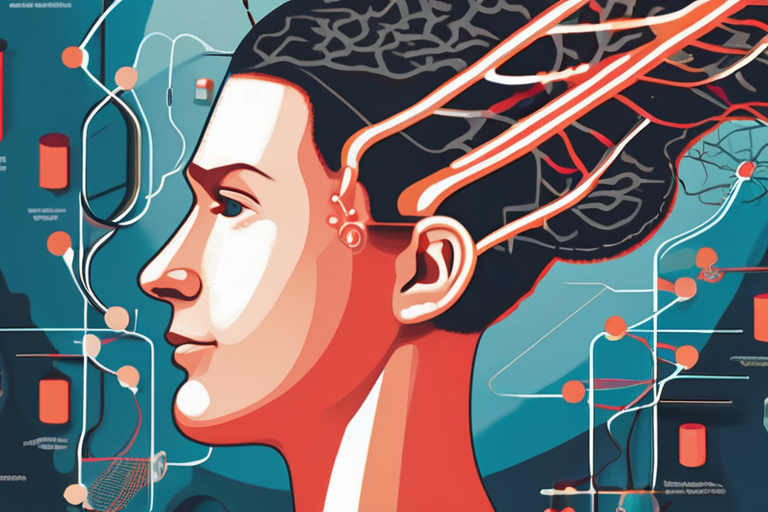
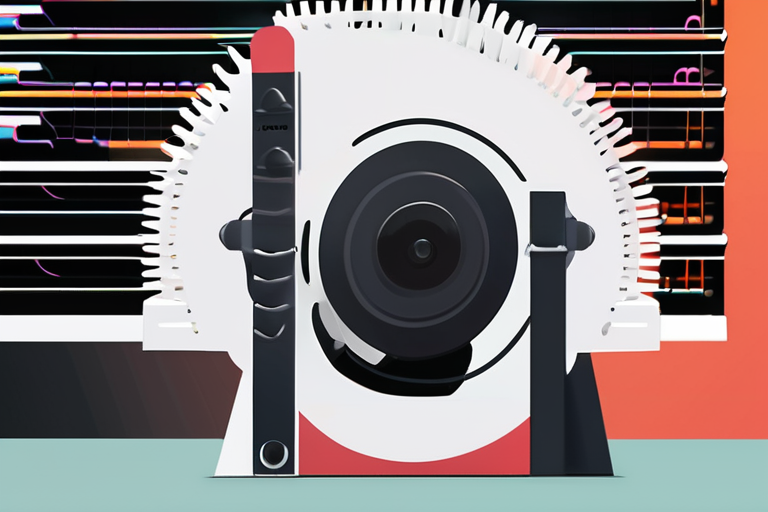
Share & Engage Share
Share this article